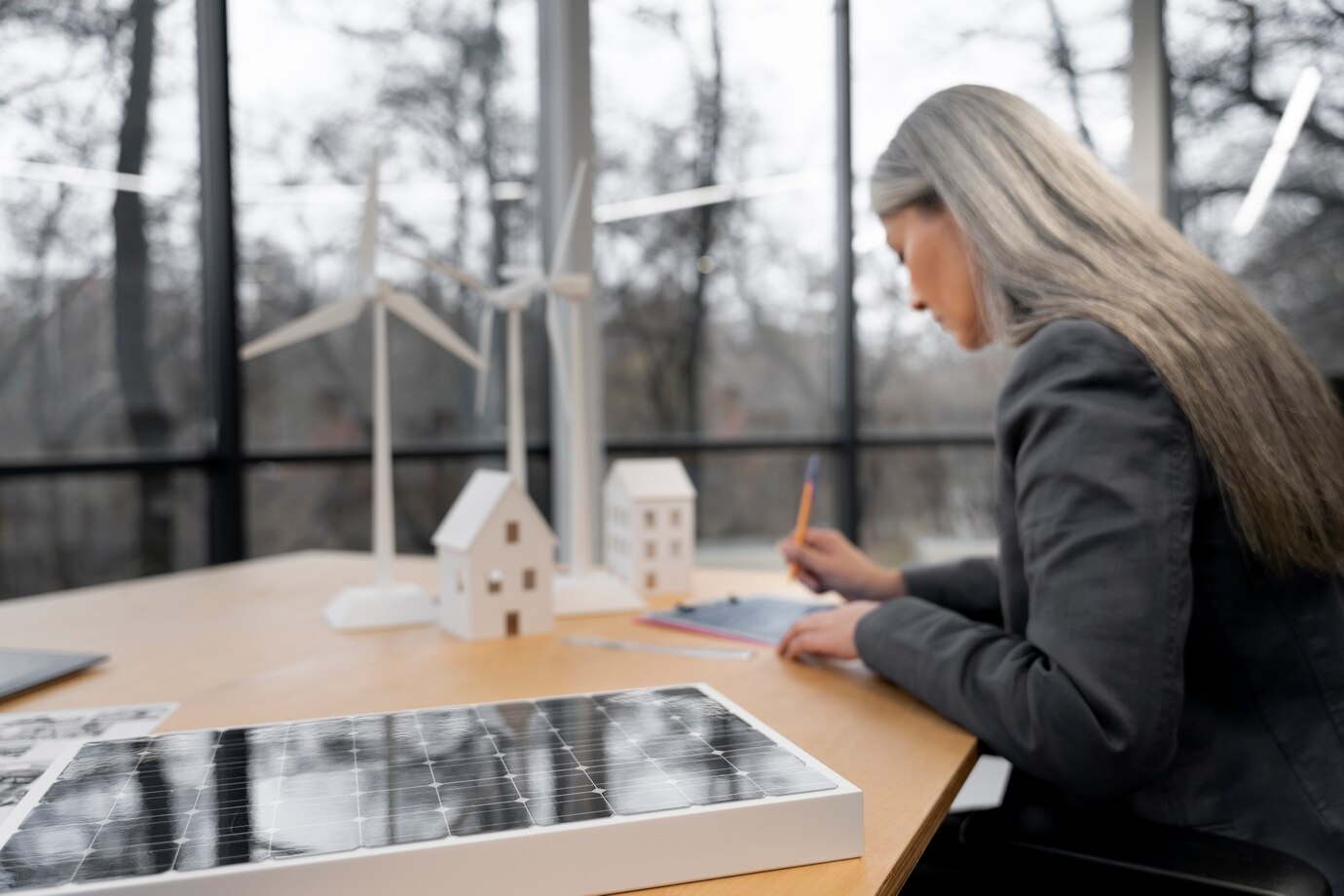Key Takeaways:
- Energy efficiency in homes significantly reduces utility costs and promotes environmental sustainability.
- Investing in energy-efficient upgrades can increase property value and appeal.
- Government incentives and green certifications are making energy-efficient homes more attractive to buyers.
Table of Contents:
- Introduction
- Cost Savings and Environmental Impact
- Increased Property Value and Marketability
- Technological Advancements in Energy Efficiency
- Government Incentives and Green Certifications
- Future Trends in Home Energy Efficiency
Introduction
Energy efficiency has been a top priority for many homeowners as the demand for sustainable living keeps growing. The desire for reduced utility costs, coupled with environmental awareness, is driving this trend. The appeal of energy-efficient properties, such as Menlo Park Homes for Sale, has noticeably increased in areas like Menlo Park. Homebuyers are more than ever prioritizing homes that offer long-term savings and adhere to green principles.
This shift benefits buyers and sets a precedent for the real estate industry. Homes incorporating energy-efficient solutions like solar panels, advanced insulation, or low-energy appliances are leading the way. As this demand grows, sellers recognize the value of marketing these features and increasingly see energy efficiency as a worthwhile investment that pays dividends.
Cost Savings and Environmental Impact
Energy-efficient homes provide substantial cost savings by lowering energy consumption and utility bills. According to a U.S. Department of Energy study, energy-efficient houses can save homeowners up to 30% on their energy bills annually. This significant reduction eases monthly expenditures and enhances the financial feasibility of owning a home.
Beyond personal savings, energy-efficient homes contribute positively to the environment by reducing carbon footprints. This commitment to sustainability is increasingly important to environmentally conscious buyers who wish to minimize their ecological impact. Buyers support broader sustainable efforts by choosing an energy-efficient home while enjoying economic benefits.
Increased Property Value and Marketability
Homes with energy-efficient features often command higher market values and sell faster than less sustainable counterparts. An analysis by the National Association of Realtors indicates that properties with green certifications sell for a premium, reflecting their desirability in the market. The financial investment into these features is typically recouped in sale prices, making it a prudent seller decision.
This increased marketability is fueled by rising consumer awareness and appreciation for sustainability. As buyers actively seek out homes that align with their values and financial goals, sellers are motivated to invest in energy-efficient solutions, understanding that these upgrades not only meet consumer demands. Still, they can also lead to quicker, more profitable sales.
Technological Advancements in Energy Efficiency
Recent technological advancements have made achieving energy efficiency in homes more accessible and affordable. Energy-efficient lighting, high-performance HVAC systems, and programmable thermostats are examples of smart home technology that provide homeowners more control over their energy use and result in significant savings.
As technology continues to evolve, the options available for enhancing energy efficiency within homes grow in number and effectiveness. These innovations ensure that homeowners save money and live comfortably with optimized energy usage, setting new benchmarks for energy-efficient residential living.
Government Incentives and Green Certifications
Government initiatives play a critical role in encouraging the adoption of energy-efficient practices by offering financial incentives, tax credits, and rebates. Programs such as the Energy Star certification provide guidelines and benchmarks for homes to qualify as energy-efficient, incentivizing builders and homeowners to pursue improvements.
Green certifications like LEED and Energy Star further add to the attractiveness of energy-efficient homes. These programs validate the sustainability efforts of homeowners and builders and provide a recognized standard that adds measurable value to properties.
Future Trends in Home Energy Efficiency
Looking ahead, the future of residential energy efficiency promises exciting developments. With policy shifts towards renewable energy, advancements in building materials, and smart home innovations, the landscape for energy-efficient homes continues to expand.
Homeowners and buyers can expect to see even more sophisticated solutions that reduce energy consumption and integrate with broader smart city initiatives. As awareness and technology converge, energy efficiency will remain a critical consideration for homebuyers, shaping the homes of tomorrow.

